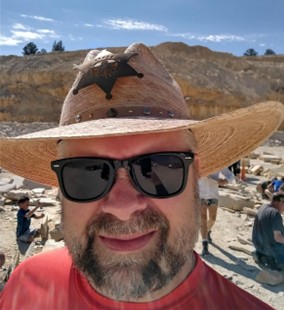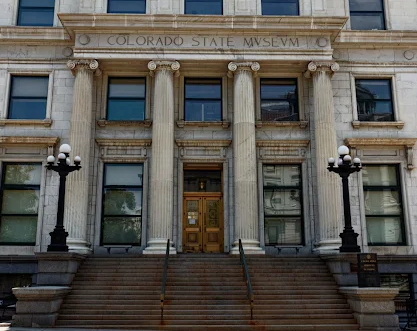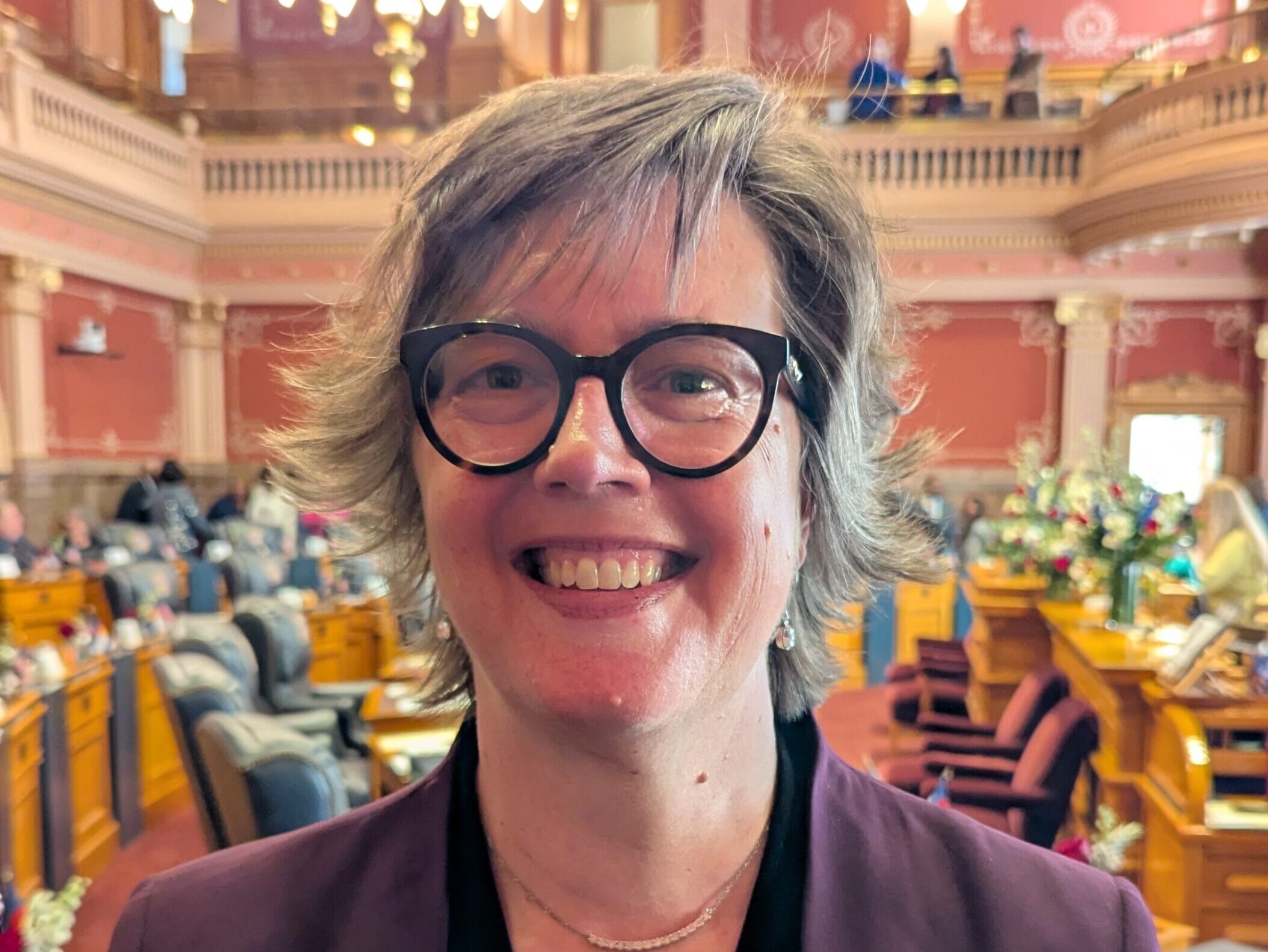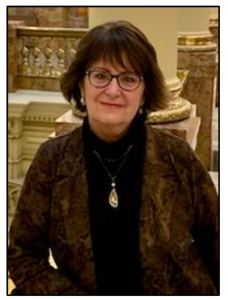
by Jack Neirynck
Darren Thornberry is the new Assistant Chief Clerk of the Colorado House of Representatives. He began the position during the 2025 interim, taking over for Connor Randall, who held the job during the 2025 regular legislative session. As Assistant Chief Clerk, Thornberry is responsible for assisting the Chief Clerk, Vanessa Reilly, in all aspects of the business of the House. During session, this includes scheduling committee rooms, preparing the daily calendar, managing the House live proceedings software, and preparing messages to the Senate. Having worked for the Office of Legislative Legal Services as a legislative editor for almost a decade prior to taking on this new role, Thornberry is no stranger to the work that goes on at the Colorado Capitol. LegiSource spoke with Thornberry in early September.
This interview has been edited for length and clarity.
Tell us a bit about your background with the legislature. What aspects of working as a legislative staff member interested you?
I saw the ad on Craigslist. I don’t know if they still use Craiglist to post ads, but this was 2014. I interviewed on the same day for positions on the Government Team and the Law Team in the Office of Legislative Legal Services, and got neither of them. About three weeks later, I got a call back to interview for the Business Team, and it landed, and I was very happy. As far as what interested me, all I knew was that it was editing, which is my background—writing and editing. It was editing in a vein I had never heard of — legislative editing — and I thought, What is that? I was super interested, and thus began my journey to here.
Where are you from?
I’m from central Alberta. I have lived in the States for a long time. I’ve lived in Texas and Alabama. I’ve also lived in the UK. I’ve been in Colorado since 2009.
What are your hobbies?
The main thing I do outside of working and being with my children is music. I’m in two bands, and that certainly keeps me busy with rehearsing, gigging, and writing and recording music. I have other doodads that I like, but that is sort of my second livelihood. My main instrument is my voice — I play guitar only because I had to in order to write songs for my band. I’m a utility guitarist at best, but I try to have people around me in the band who are better at what they do than I am, and together that uplifts the songs.
Where is your favorite place in Colorado?
One has got to be the Therapy Pool at Glenwood Springs. Especially if you’ve been camping all day and then you go in, it’s the best feeling in the world. I also love the Paint Mines east of Colorado Springs – hoodoos and these rock formations that have all these colors on them. Native Americans used to get the clay from these rocks for paint, which is why they call them the Paint Mines. It’s a beautiful place to hike through, especially at dusk, which is when the colors really pop.
What is a typical work day like for you?
I don’t totally know, or I guess I know now that we’ve had a Special Session. It’s very busy. Outside of session, in a typical work day I can be processing an EcoPass for an aide. I can be dealing with a badge dilemma. I can be working on getting a quote for an ice machine. I can be dealing with a security issue with the State Patrol. There’s a wide variety of things in this position that I can be doing, and so far I love that. I love that you kind of never know in a given day what’s coming at you. I think that’s something that I didn’t necessarily know that I needed, but I’m totally enjoying it. There’s a lot going on on any given day, even in the interim. And now that I’ve had a Special Session, I know what those days will be like: Action packed.
What part of the job are you looking forward to the most?
I think going through the cycle of a complete regular session and just riding out that rhythm in this position. I’m looking forward to it more now that I’ve had that trial run with the Special Session.
What’s the best advice you’ve gotten from Connor Randall, former Assistant Chief Clerk?
Definitely “don’t panic.” There are going to be times where you feel like you have to make a split-second decision, and most of the time you don’t. Most of the time you have at least a minute, or you can ask for a quick recess. You can take a minute to sort things out and ask the right questions. There are going to be times where it feels like the world is coming at you, and if you don’t solve the problem right then, it’s over. But it’s not. So don’t panic, stay level-headed, and just ride it out.
Anything else you’d like to share?
I guess just that I’m so, so thankful for all my time at the Office of Legislative Legal Services. I even left for a time, thinking “I’m too burned out; I can’t do this anymore”, and then immediately knew that was wrong. And so I spent two years away, pining to come back. Thankfully, they had me back, and all that experience has been invaluable in my growth in this building. Were it not for that, there’s no way I would be in this position now. So I’m very thankful for that office and all the friends and all the good times.
Bonus Question: What are your favorite restaurants around the Capitol or in Colorado in general?
I love Pho-natic. I could eat there probably every day if given the opportunity. Restaurants in general in Colorado? Tough to say. Let’s just say that I could toggle between SubCulture and Pho-natic for a long, long time and never get bored.











